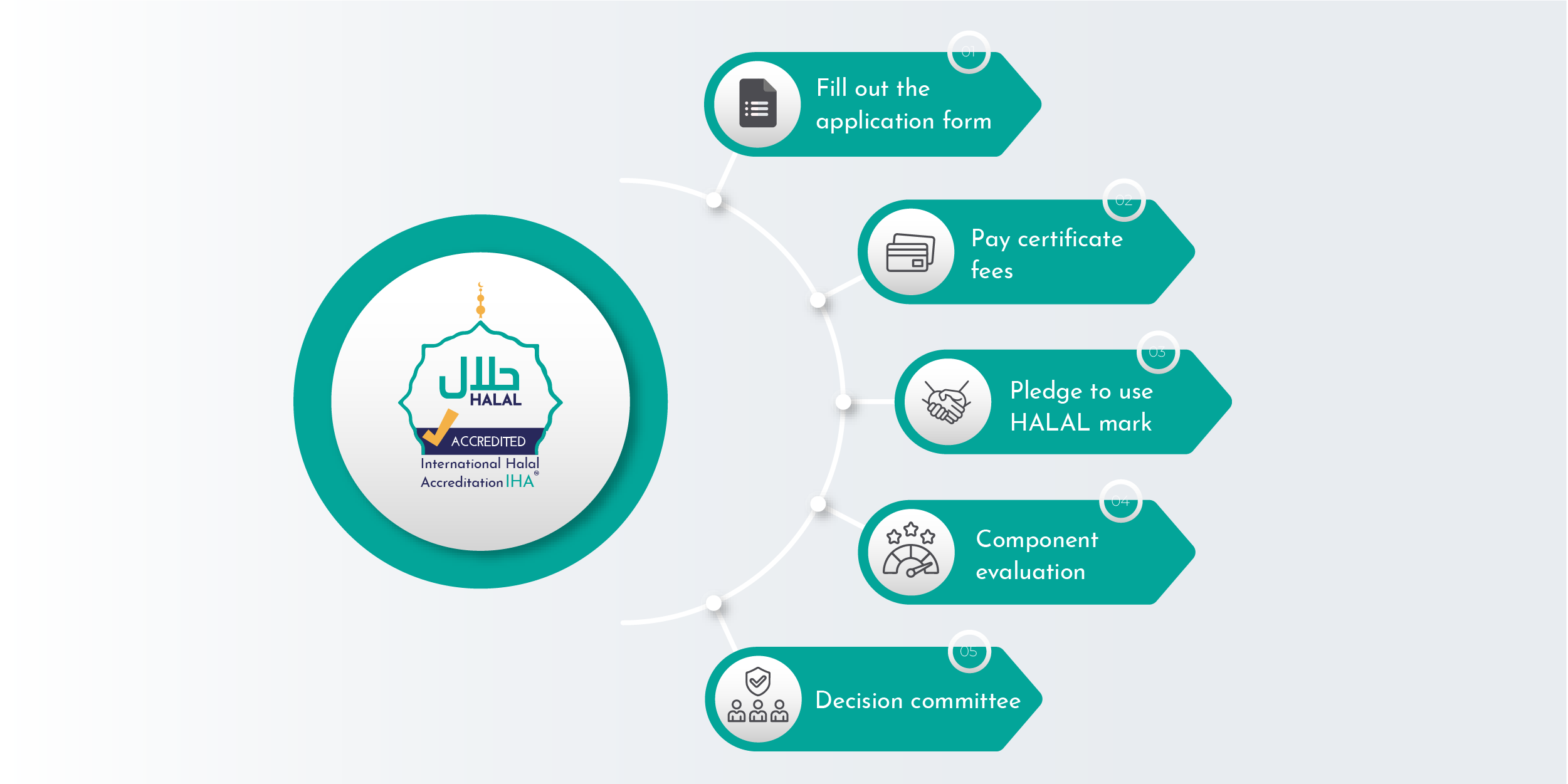
In a globalized world where consumers are increasingly discerning about the origins and ethical considerations of their food and products, Halal certification has emerged as a critical benchmark, particularly for the vast Muslim population worldwide. Far from being a mere religious formality, obtaining Halal certification is a strategic imperative that offers a multitude of benefits for businesses, ensuring market access, building consumer trust, and promoting ethical practices. What is Halal Certification? Halal, an Arabic word meaning "permissible" or "lawful," refers to anything that is allowed under Islamic law. In the context of food and products, it signifies that an item has been prepared, processed, and handled in accordance with Islamic dietary laws and other relevant regulations. This includes not only the absence of prohibited ingredients (such as pork and alcohol) but also adherence to strict hygiene standards, ethical sourcing, and humane treatment of animals where applicable. Halal certification is the process by which a reputable Islamic organization verifies that a product or service meets these stringent Halal requirements. This typically involves a thorough audit of the entire supply chain, from raw materials to manufacturing processes, packaging, and distribution. The Growing Global Halal Market The global Muslim population is estimated to be over 2 billion and is projected to continue growing significantly. This represents a massive and continuously expanding market for Halal-certified products and services. The Halal economy extends beyond food to encompass pharmaceuticals, cosmetics, finance, tourism, and logistics. Businesses that fail to recognize and cater to this demographic risk missing out on substantial economic opportunities. Why is Halal Certification Important? The importance of Halal certification can be broken down into several key areas: 1. Market Access and Expansion: * Tapping into a Lucrative Market: Halal certification is the gateway to the global Muslim consumer market. Without it, businesses are effectively locked out of selling their products in many Muslim-majority countries and to Muslim consumers in non-Muslim countries. * Competitive Advantage: In an increasingly crowded marketplace, Halal certification can differentiate a product from its competitors, providing a significant edge, especially when targeting Halal-conscious consumers. * International Trade: Many countries have regulations requiring Halal certification for imported food and other consumable products. Obtaining certification streamlines international trade processes and opens up new export opportunities. 2. Building Consumer Trust and Confidence: * Assurance of Compliance: For Muslim consumers, Halal certification provides an undeniable assurance that a product adheres to their religious dietary and lifestyle requirements. This eliminates doubt and builds strong trust.